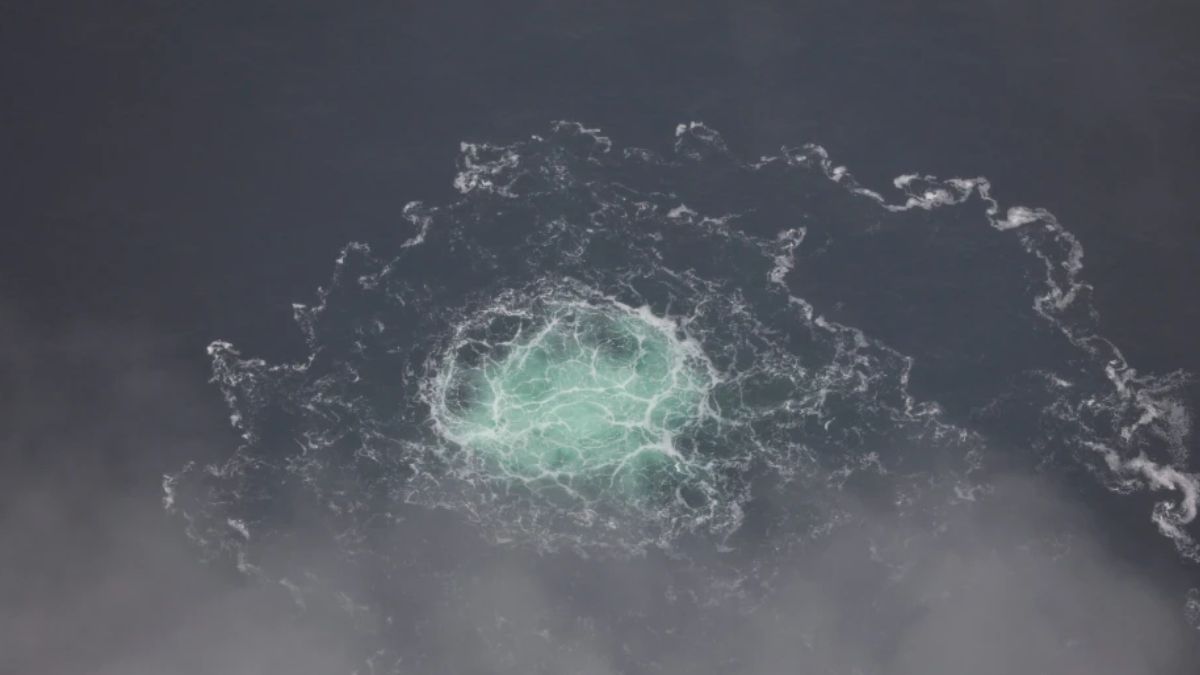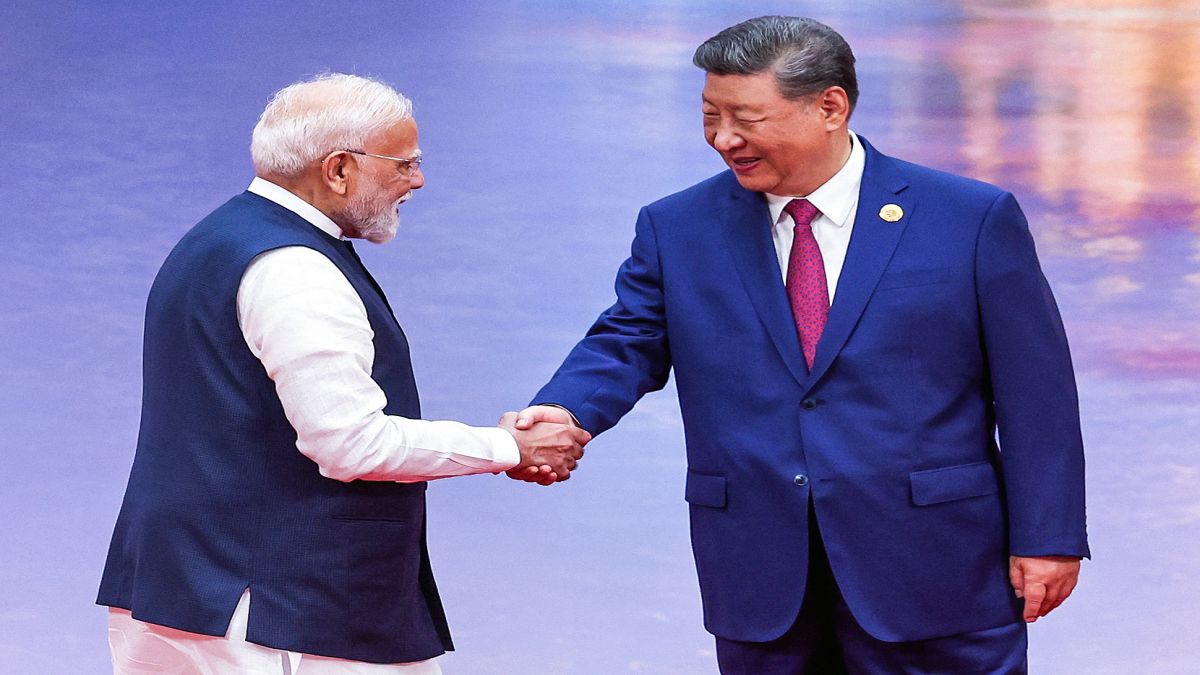Poland has arrested a Ukrainian diver wanted by Germany for his suspected role in the 2022 sabotage of the Nord Stream gas pipelines.
Polish authorities on Tuesday arrested a Ukrainian diver suspected of involvement in the 2022 sabotage of the Nord Stream gas pipelines in the Baltic Sea, officials from both Poland and Germany confirmed.
The suspect, identified only as Volodymyr Z. in line with privacy regulations, was detained in Pruszkow, central Poland, under a European arrest warrant issued by German authorities, reported AP. Piotr Antoni Skiba, spokesperson for the Warsaw District Prosecutor’s Office, confirmed the arrest at a press briefing. Polish police had previously attempted to detain him last year, but he had left Poland for Ukraine.
46-year-old Volodymyr Z. was a resident of Poland with his family and owned a business in the country. German prosecutors stated that the man is “strongly suspected” of crimes related to detonation of explosives, sabotage, and destruction of structures. They described him as a “trained diver” who was allegedly part of a group that rented a sailing yacht using forged documents from Rostock, Germany, and sailed near the island of Bornholm. There, the group is said to have carried out dives to place explosives, which were later detonated on Nord Stream 1 and Nord Stream 2.
“The explosions severely damaged both pipelines,” said the German Federal Prosecutor’s Office.
Polish prosecutors are reportedly considering requesting the man’s temporary detention for seven days while preparing an extradition request.
Last month, Italian authorities arrested another Ukrainian man in connection with the undersea pipeline attacks. Tymoteusz Paprocki, the defence lawyer for Volodymyr Z., announced plans to oppose extradition. Paprocki argued that, given the ongoing war in Ukraine and Gazprom’s ownership of Nord Stream, there is no possibility of pressing charges against participants in the incident.
The explosions, which occurred on September 26, 2022, caused serious damage to pipelines designed to transport Russian natural gas to Germany under the Baltic Sea. The incident intensified tensions amid Europe’s effort to reduce dependence on Russian energy following Russia’s full-scale invasion of Ukraine.
End of Article

)
)
)